Optimal Timing for Tree Trimming
The optimal time for tree trimming is during late winter to early spring before new growth begins. This minimizes stress on the tree and allows for healthier growth.
Trimming during winter reduces the risk of disease transmission and provides clear visibility of the tree’s structure without leaves obstructing the view.
Late February through March is generally recommended, depending on local climate and tree species, to ensure the tree is dormant.
While possible, trimming during summer or fall can stimulate new growth that may be vulnerable to damage from weather or pests. It is best to avoid trimming during these seasons unless necessary.
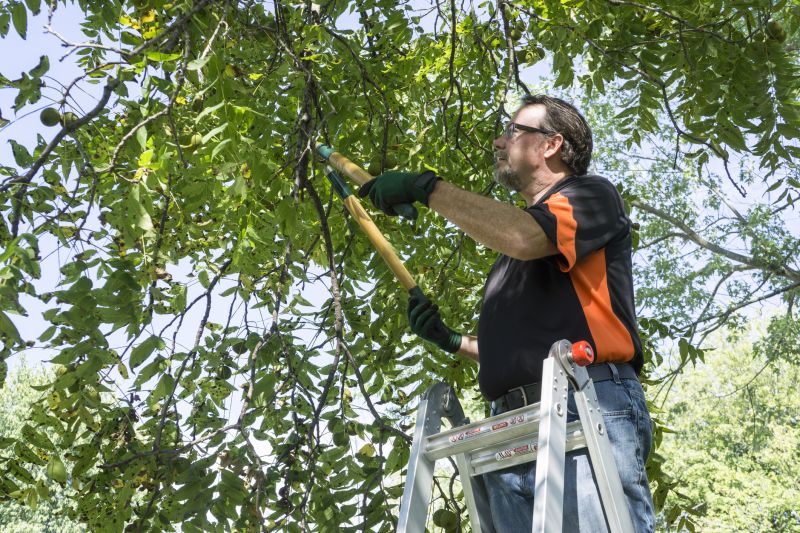
Pruning during dormancy encourages vigorous growth and helps shape the tree.
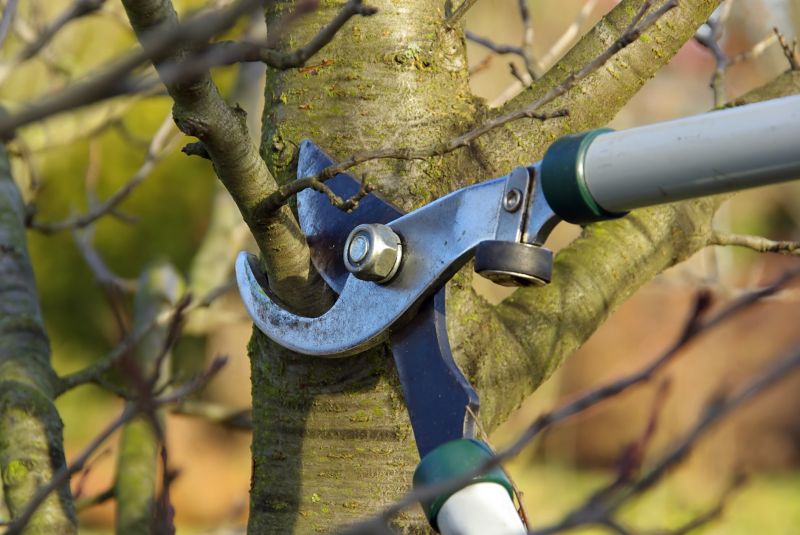
Early spring trimming promotes healthy flowering and growth.
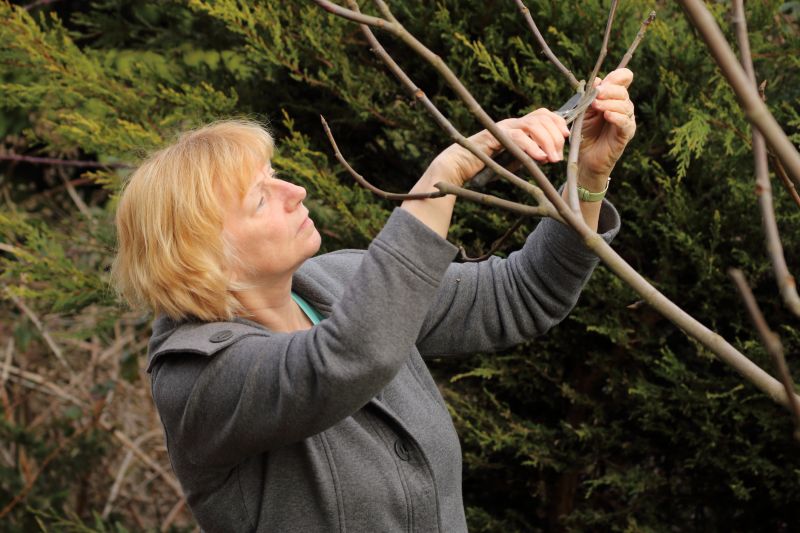
Summer trimming can be used for light pruning and shaping.
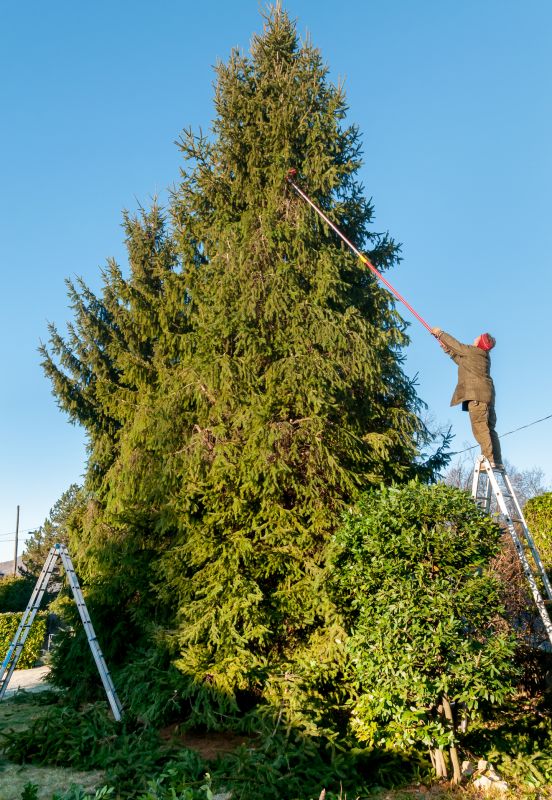
Ways to make Tree Trimmings work in tight or awkward layouts.
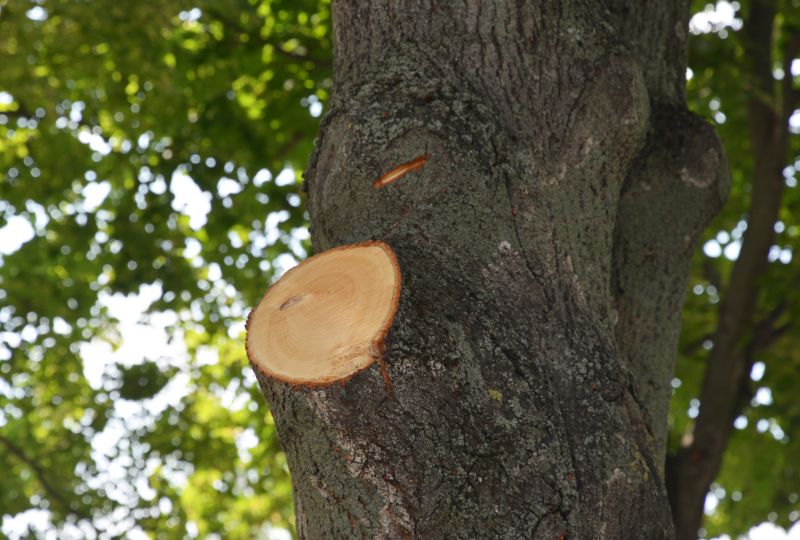
Popular materials for Tree Trimmings and why they hold up over time.
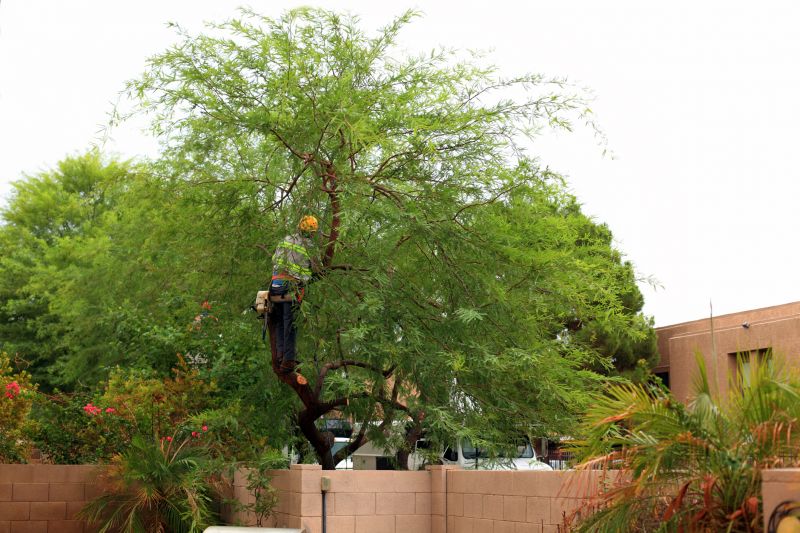
Simple add-ons that improve Tree Trimmings without blowing the budget.
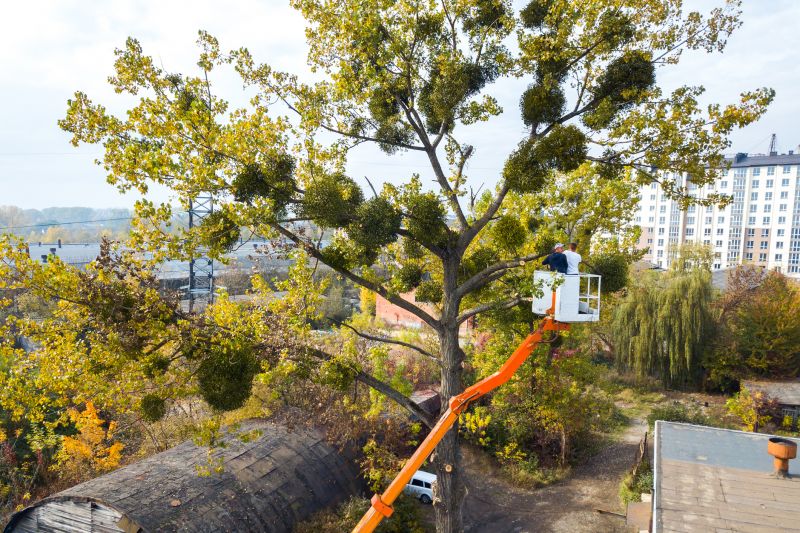
High-end options that actually feel worth it for Tree Trimmings.
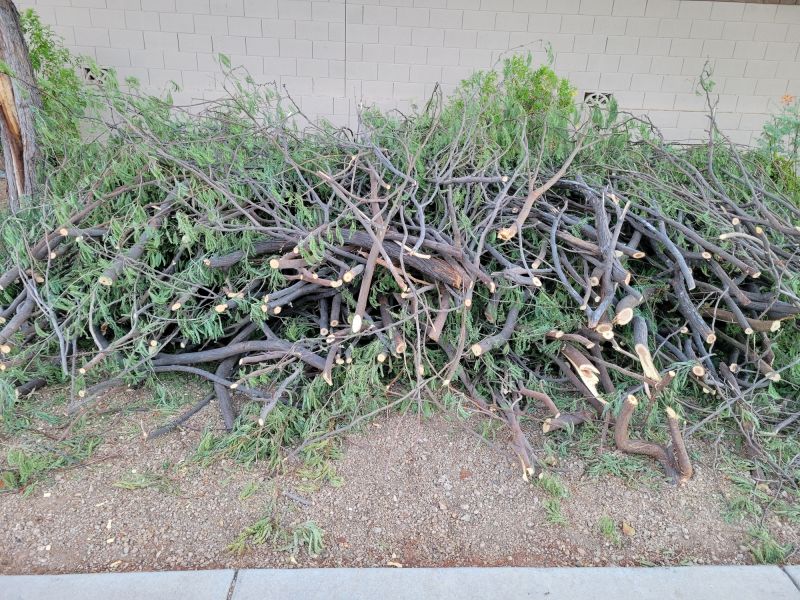
Finishes and colors that play nicely with Tree Trimmings.
| Season | Best Practices |
|---|---|
| Winter | Ideal for pruning to promote healthy growth and reduce disease risk. |
| Spring | Suitable for shaping and encouraging flowering. |
| Summer | Limited to light trimming to avoid stress. |
| Fall | Generally avoided due to increased risk of disease and pest issues. |
| Early Spring | Optimal for major trimming before new growth starts. |
Proper timing of tree trimmings is essential for maintaining healthy and aesthetically pleasing trees. Seasonal considerations help prevent damage, reduce disease risk, and support the natural growth cycle of various tree species. Consulting with a professional arborist can ensure the best practices are followed for specific trees and local conditions.
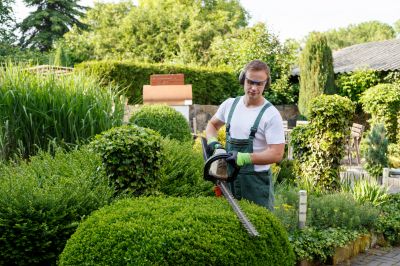
Proper pruning enhances growth and structure.
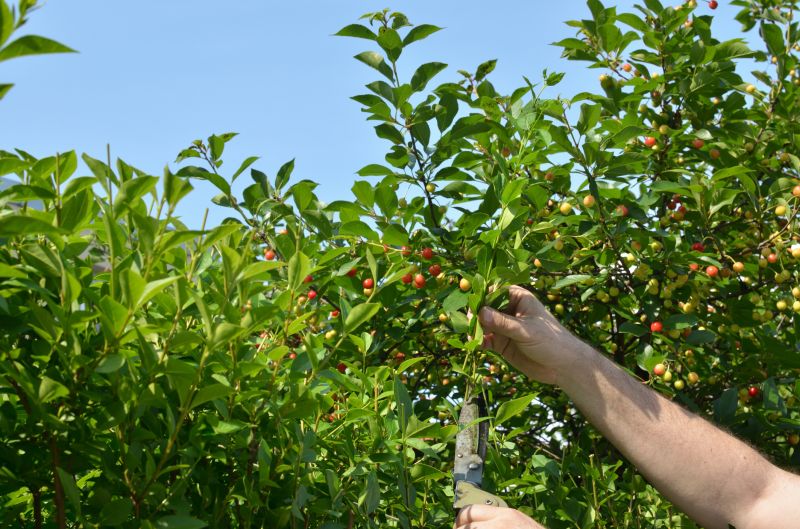
Using the right tools ensures clean cuts and reduces damage.
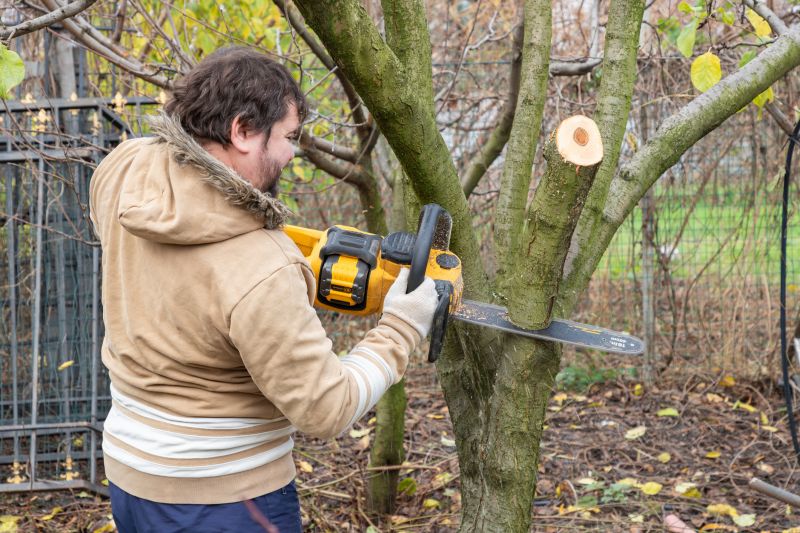
Dormant trees are best suited for trimming.
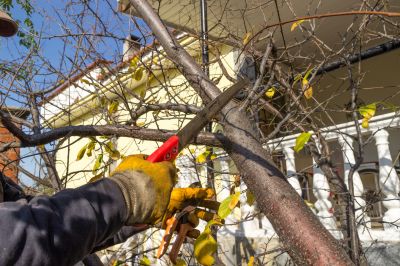
Little measurements that prevent headaches on Tree Trimmings day.
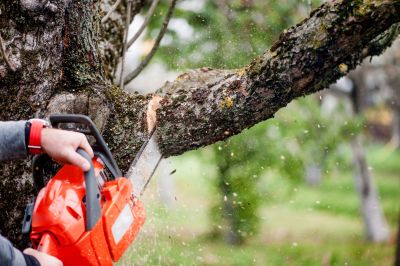
A 60-second routine that keeps Tree Trimmings looking new.
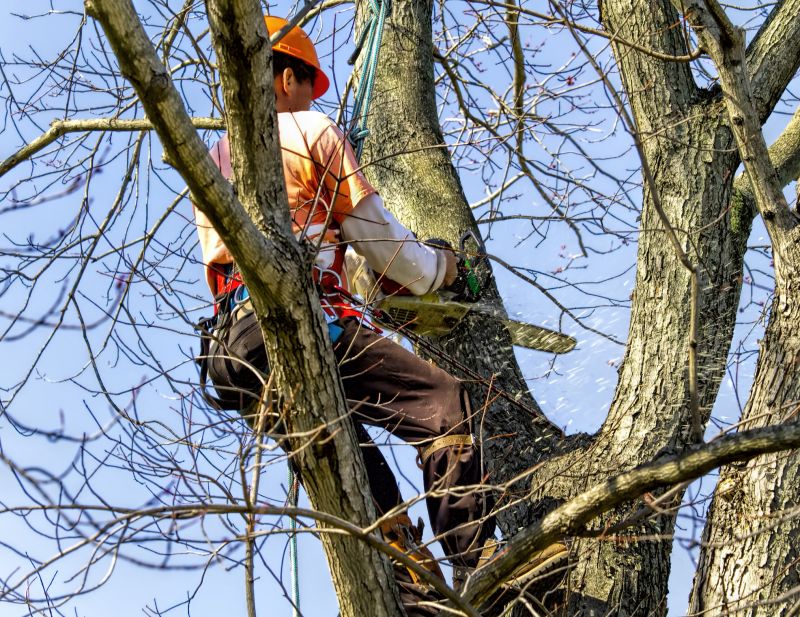
A frequent mistake in Tree Trimmings and how to dodge it.
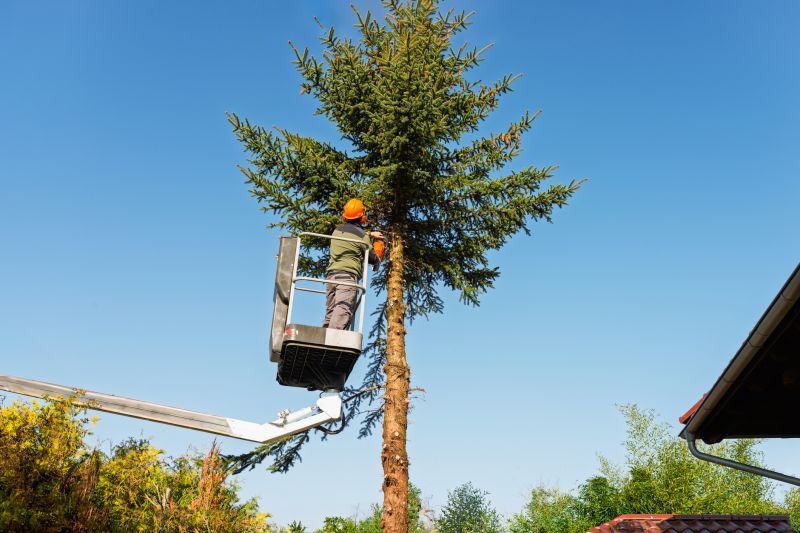
Small tweaks to make Tree Trimmings safer and easier to use.
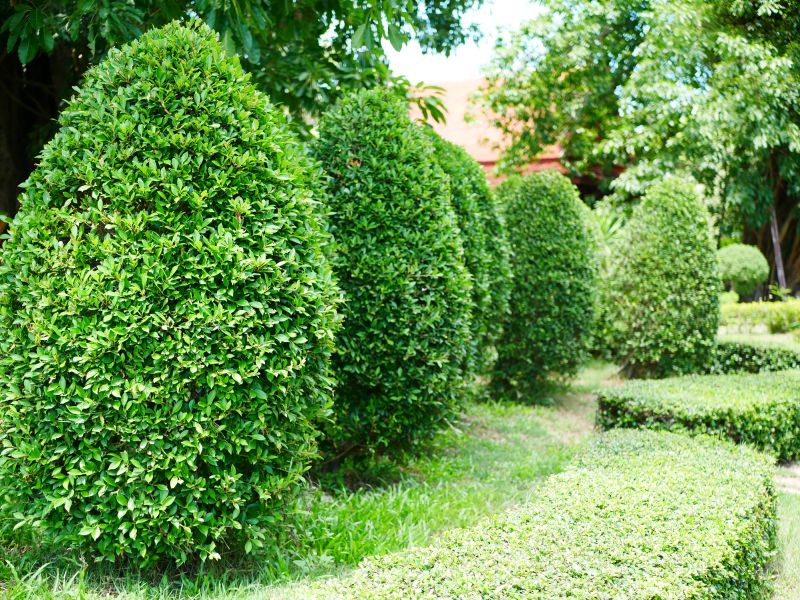
Lower-waste or water-saving choices for Tree Trimmings.
Interested in scheduling tree trimmings or learning more about the best practices for your landscape? Filling out the contact form can connect you with professional services tailored to your needs.
